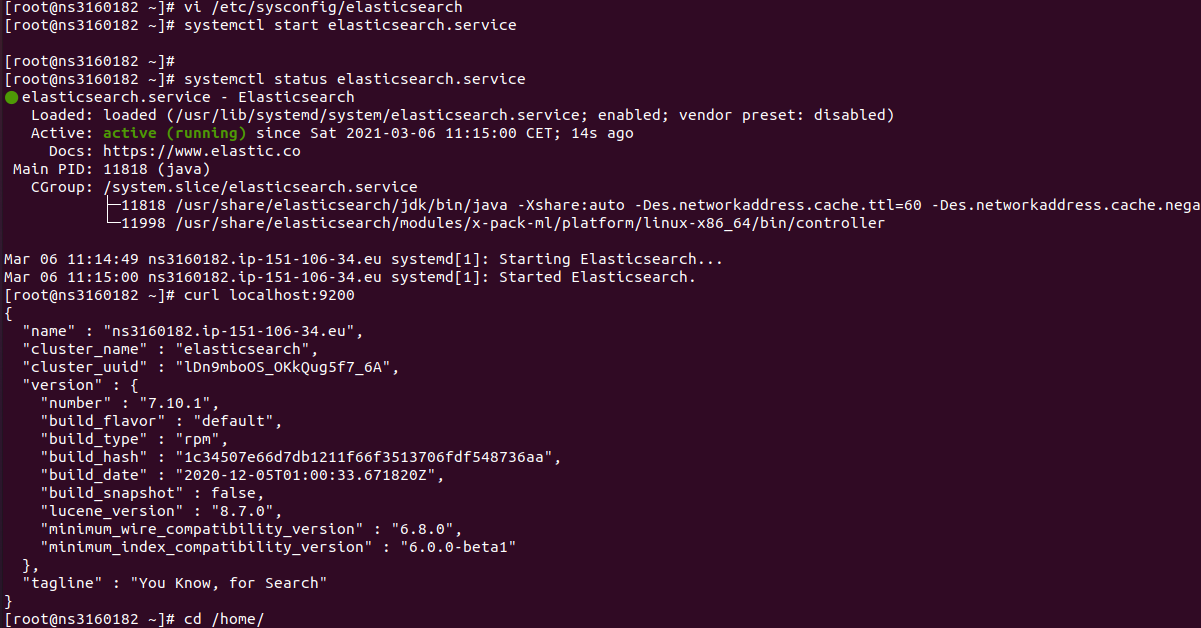dnsmasq is a very powerful tool that can provide basic dns services/caching, act as dhcp server and also as tftp server.
To install dnsmasq, run
apt install dnsmasq
When you start dnsmasq, if it complain about port 53 alreay in use
dnsmasq: failed to create listening socket for port 53: Address already in use
This is because some other service is running on port 53. To find what service is listening on port 53, run
root@first-vm:~# netstat -lntp
Active Internet connections (only servers)
Proto Recv-Q Send-Q Local Address Foreign Address State PID/Program name
tcp 0 0 0.0.0.0:2222 0.0.0.0:* LISTEN 4934/sshd: /usr/sbi
tcp 0 0 127.0.0.53:53 0.0.0.0:* LISTEN 93/systemd-resolved
tcp 0 0 127.0.0.1:3306 0.0.0.0:* LISTEN 26081/mysqld
tcp6 0 0 :::2222 :::* LISTEN 4934/sshd: /usr/sbi
tcp6 0 0 :::80 :::* LISTEN 10467/apache2
tcp6 0 0 :::3128 :::* LISTEN 17606/(squid-1)
root@first-vm:~#
In this case, it is systemd-resolved. To stop it, run
systemctl disable systemd-resolved
systemctl stop systemd-resolved
Now you can start dnsmasq with
systemctl start dnsmasq
After starting dnsmasq, if you try resolve a domain, it will fail
root@first-vm:~# nslookup yahoo.com localhost
;; connection timed out; no servers could be reached
root@first-vm:~#
This is because default configuration don’t have anything enabled. To enable DNS caching/resolver, you need to edit file
vi /etc/dnsmasq.conf
Add line
server=8.8.8.8
server=1.1.1.1
Restart dnsmasq
systemctl restart dnsmasq
Now you will be able to resolve domain name using localhost as the dns server.
root@first-vm:~# nslookup serverok.in localhost
Server: localhost
Address: ::1#53
Non-authoritative answer:
Name: serverok.in
Address: 172.67.133.148
Name: serverok.in
Address: 104.21.14.2
Name: serverok.in
Address: 2606:4700:3030::ac43:8594
Name: serverok.in
Address: 2606:4700:3035::6815:e02
root@first-vm:~#
If you need dnsmasq listen to only local ip, add following in /etc/dnsmasq.conf and restart dnsmasq.
listen-address=127.0.0.1
If you need to override MX record for a domain, you can add following to dnsmasq.conf
mx-host=example.com,mail.example.com,5
To set txt record for a domain
txt-record=example.com,"v=spf1 a -all"
See dnsmasq

